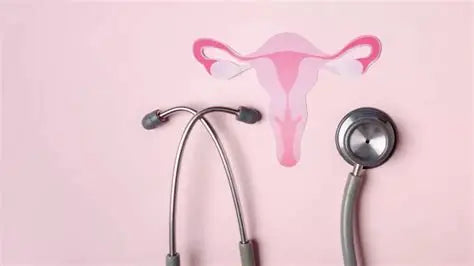

PCOS VS PCO
In the world of women’s health and fertility, there are a lot of acronyms to get your head around. IVF, ICSI, IUI, FSH, LH, SHGB – the letters never end!
A very common one most of us have heard about is PCOS, which stands for polycystic ovarian syndrome.
Despite there being just one letter difference from PCO, they are in fact very different. PCO stands for polycystic ovaries and is not interchangeable with PCOS.
PCOS is a term that is describing a syndrome, which is a collection of clinical signs and symptoms. In the case of PCOS, this can involve elevated testosterone, metabolic dysfunction, insulin resistance, hirsutism, weight gain, hair loss, polycystic appearing ovaries, amenorrhoea and/or irregular menstrual cycles.
PCO on the other hand, standing for polycystic ovaries, is simply a term given when finding polycystic appearing ovaries on an ultrasound. The ‘cysts’ in this case refers to maturing follicles on an ovary; where ovaries are typically termed “polycystic” when there are more than 15 follicles present.
Having polycystic appearing ovaries is not necessarily a concern, and many women can have polycystic ovaries come and go throughout their reproductive life and have no impact or repercussions on their menstrual health.
Having polycystic appearing ovaries does not automatically mean you have trouble ovulating, amenorrhoea, irregular cycles, hormonal issues or PCOS. If you have been told you have polycystic ovaries or PCOS, clarify with your practitioner what they actually mean. Too often women are told they have PCOS when they actually just have PCO and could begin treatments and/or lifestyle interventions that are completely unsuitable and unnecessary.
As always, you are the best expert and advocate for your own health! Remember to ask questions and get clarity on whatever health information, or diagnoses you receive!
Author
Lauren Curtain
Lauren Curtain is a registered Chinese medicine practitioner, women's health focused acupuncturist and herbalist. She centres her practice around supporting women to navigate their hormones, menstrual cycles and fertility using a combination of education (all the women’s health info you didn't get in high school), acupuncture, herbal medicine, nutrition and lifestyle support. Lauren believes every woman has the right to know how her body works, and what she can do to optimise not only her reproductive health, but whole body health. Lauren has seen firsthand with her patients the dramatic improvements that can be made to reproductive health through simple, inexpensive, non-invasive techniques and firmly believes symptomatic periods and menstrual cycles can be a thing of the past and we can embody a thriving fertile life.
